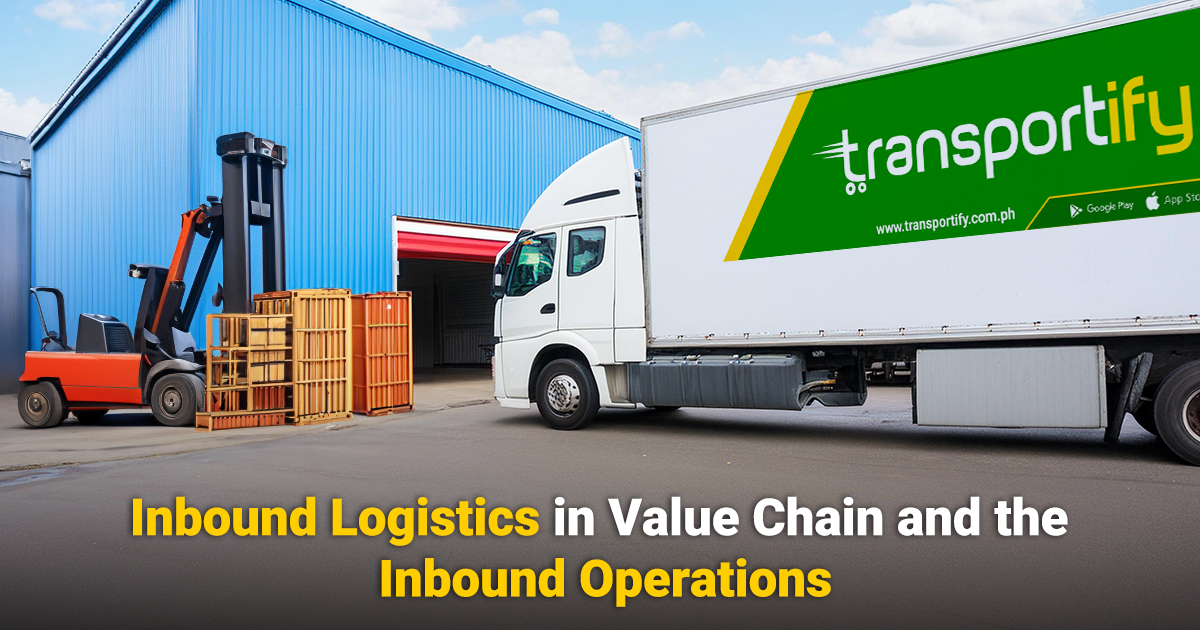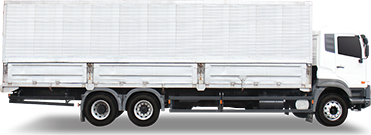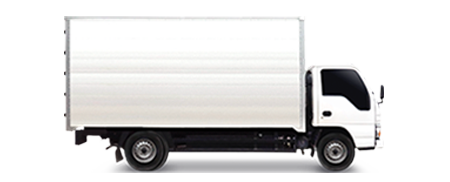
Inbound logistics in value chain contribute to the strategic importance of businesses today. Inbound logistics covers all the activities involved in receiving goods or materials from suppliers into inbound operations of a lot of businesses particularly those that perform retailing.
The blog explores the different components that make up inbound logistics, such as transportation, receiving, warehousing, and inventory management. It looks at how effectively managing these inbound operations can lead to a more efficient overall supply chain for the business. It also includes the best practices for business to improve and optimize their inbound logistics processes, which is a critical aspect of their operations.
Inbound Logistics in Value Chain, How Do We Know Its Impact?
We now know that inbound logistics in value chain will somewhat play a huge role in your overall supply chain management processes, but do we really anticipate the impact correctly? As you go through this article, you’ll soon find out the answer to it.
But first, what is a value chain?
A value chain refers to all the steps involved in the life cycle of a product or process. This includes getting the raw materials, making the product, using or consuming the product, and what happens after it is used up or no longer needed.
You can say that among the different types of logistics, inbound logistics deals with managing the activities needed to bring raw materials and parts from suppliers to the factories where products are made or assembled. These activities include transportation, storing items in warehouses, and keeping track of inventory levels. Handling inbound logistics properly is really important for making sure materials flow smoothly through the supply chain without any problems or delays.
Properly handling inbound logistics in value chain ensures that the needed materials arrive at the factory at the correct time. Good inbound logistics management by businesses means they have the right supplies when required for manufacturing or assembling products. This helps businesses spend less money storing extra inventory, avoid running out of stock, and improve their production process to make things more efficiently.
Importance of Efficient Inbound Operations
Efficient inbound operations are essential for maintaining the smooth operation of the value chain. They help reduce transportation costs, minimize storage needs, and decrease the likelihood of inventory shortages or excesses. These can all be relieved by partnering with a reliable delivery service provider like Transportify.
Transportify, a known third party logistics provider in the Philippines and the only logistics provider offering a per kilometer pricing matrix to be as affordable as possible. See the table below for the pricing details.
| Vehicle Type | Dimensions/ Weight Limits | Base Price (Metro Manila) | Base Price (Outside Metro Manila) | Base Price (Visayas/Mindanao) |
|---|---|---|---|---|
 Wing Van Wing Van | 32 to 40 x 7.8 x 7.8 ft 12000kg to 28000kg | 7000 PHP | 6500 PHP | 6500 PHP |
| 18 x 6 x 7 ft 7000kg | 4850 PHP | 4850 PHP | 4850 PHP | |
 Closed Van Closed Van | 10 to 14 x 6 x 6 ft 2000kg to 5000kg | 1600 PHP | 1450 PHP | 1450 PHP |
 Open Truck Open Truck | 10 to 21 x 6 ft x open 2000kg and 7000kg | 2300 PHP | 1950 PHP | 1950 PHP |
 L300/Van L300/Van | 8 x 4.5 x 4.5 ft 1000kg | 415 PHP | 374 PHP | 335 PHP |
 Small Pickup Small Pickup | 5 x 5 ft x open 1000kg | 418 PHP | 338 PHP | 325 PHP |
| 5.5 x 3.8 x 3.8 ft 600kg | 375 PHP | 292 PHP | 275 PHP | |
| 5 x 3.2 x 2.8 ft 200kg | 240 PHP | 210 PHP | 160 PHP | |
| 3.5 x 2 x 2.5 ft 200kg | 220 PHP | 190 PHP | 140 PHP |
SEE ALSO:
- Three Types of Logistics Explained: Inbound, Outbound, Reverse
- What Is Outbound Logistics? Things To Know About the Process
- Reverse Logistics Importance: Why You Shouldn’t Neglect It?
Components of Inbound Logistics
Transportation
This involves the movement of raw materials and components from suppliers to the manufacturing or assembly plants. Transportify can perform efficient transportation with the same day delivery, and making cost-effective inbound logistics.
Warehousing
Warehouse management plays a vital role in inbound logistics by providing storage for raw materials and components. Proper warehousing facilities help in maintaining inventory levels and ensuring smooth inbound operations.
Inventory Management
Influentialmanagement of inventory is essential to prevent stockouts and overstocking. It involves monitoring stock levels, reordering materials, and optimizing inventory turnover.
Supplier Relationship Management
Building strong relationships with suppliers is crucial for ensuring timely and quality supply of materials. Effective communication and collaboration with suppliers are essential components of inbound logistics. Transportify’s properly trained drivers and customer service support ensure that communication and collaboration are professionally maintained.
Impact of Inbound Logistics on Supply Chain Operations
Cost Reduction
Efficient inbound logistics can lead to cost savings through optimized transportation as you won’t spend time on wrong routes or those that have expected traffic ahead, reduced inventory holding costs as Transportify will deliver your goods right on time, and streamlined processes especially if you require COD or POD upon delivery.
Inventory Optimization
Proper management of inbound logistics helps in optimizing inventory levels, reducing carrying costs, and minimizing the risk of stockouts, in which you expect that with the right logistics partner, your scheduled deliveries within a period will be sufficient enough to hold the demand for a specified period as well.
Improved Supplier Collaboration
Effective inbound logistics fosters better collaboration with suppliers, leading to improved reliability and responsiveness in the supply chain.
Enhanced Customer Satisfaction
Timely and consistent delivery of products, facilitated by efficient inbound logistics, contributes to enhanced customer satisfaction and loyalty.
Inbound logistics in value chain is as impactful as it is in supply chain. With far-reaching implications for supply chain efficiency and overall business performance. By understanding the components of inbound logistics, its impact on supply chain efficiency, and the key considerations for optimization, businesses can effectively leverage this critical function to drive operational excellence and gain a competitive advantage in today’s dynamic business landscape.
Best Practices in Managing Inbound Logistics
To maximize the effectiveness of inbound logistics, businesses should adopt a series of best practices that not only enhance efficiency but also promote sustainability supply chain and compliance within their inbound operations.
Sustainability Practices
Implementing eco-friendly transportation methods and materials sourcing to reduce environmental impact.
Compliance with Regulations
Staying updated with the latest regulations and standards to ensure compliance and avoid legal issues.
Continuous Improvement
Regularly reviewing and updating logistics processes to adapt to new challenges and technologies.
Inbound logistics in value chain influence many aspects of business operations, from cost reduction and operational efficiency to customer satisfaction and strategic goal alignment. Companies that excel in inbound logistics not only improve their bottom line but also strengthen their competitive position in the market. By leveraging technology, fostering collaboration, and maintaining a focus on continuous improvement, businesses can turn their inbound logistics into a powerful tool for growth and success.
 | or |




 INSTANT QUOTE
INSTANT QUOTE

 Chat
Chat